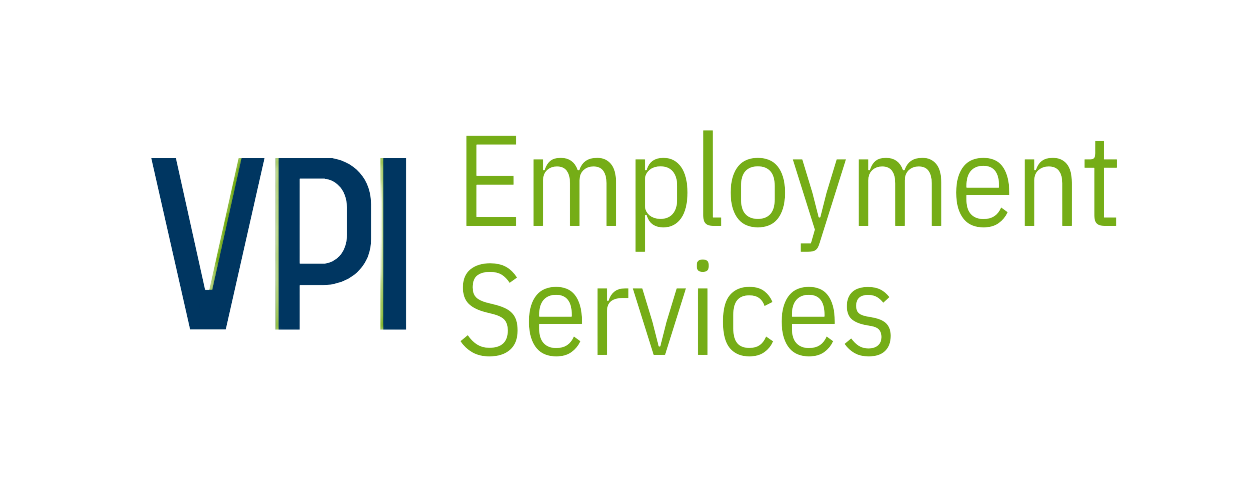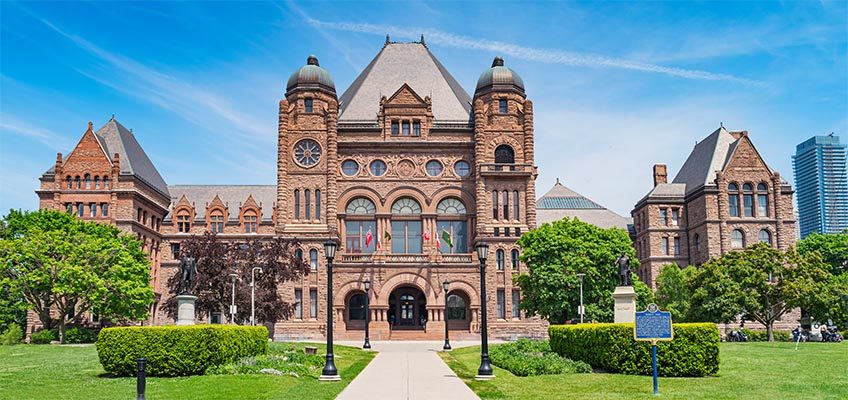Last fall, Bill 148, known as “Fair Workplaces, Better Jobs Act” was introduced into law. It was the first major reform to Ontario labour law in over a decade.
On October 23, 2018, Jim Wilson, Minister of Economic Development, Job Creation and Trade introduced a new bill that, if passed, will repeal and amend several sections of the previous legislation. Bill 47, known as “Making Ontario Open for Business Act” is intended to “remove the worst burdens that prevent Ontario businesses from creating jobs while expanding opportunities for workers”.
Minimum wage
Arguably the most visible change in the “Fair Workplaces, Better Jobs Act” was an unprecedented increase in the minimum wage. The minimum wage rose from $11.60 per hour to $14 per hour on January 1, 2018. This was the largest single increase in minimum wage since the standard was introduced in 1920.
There is a second increase scheduled for January 1, 2019 that would see the minimum wage increase to $15 per hour. And a further annual increase planned that would tie minimum wage to the rate of inflation beginning on January 1, 2020.
If passed, the “Making Ontario Open for Business Act” will repeal the scheduled increases and hold the current minimum wage for 33 months with any future increases tied to inflation.
Other Changes
There are a number of other changes that the new Bill will repeal. Some of the key changes are:
Scheduling
- Right for employee to request scheduling changes, repealed
- Minimum of three hours pay for a shift or cancelled shift, repealed
- Right for employee to refuse work without 96 hours’ notice, repealed
Personal Emergency Leave
- Current 10 days of leave including 2 paid days, replaced with up to 8 unpaid days (3 days personal illness + 2 days bereavement + 3 family responsibility)
- Right for employee to not be asked for a medical note, repealed
Public Holiday Pay
- Reverting to previous prorated holiday pay formula
Equal pay for Equal Work
- On the basis of employment status, repealed
- On the basis of assignment employee status, repealed
Misclassification
- “Reverse Onus”–where the employer must prove an employee did not work for them in the event of a dispute, repealed
Penalties and Fines
- Reverting to lower fines
Trades
- Ontario College of Trades and Apprenticeship Act, 2009, repealed
- Winding down the Ontario College of Trades, to be replaced with a new system in 2019
- Standardizing the journeyperson to apprentice ratios to one-to-one
What does this mean for your business?
According to the press release that announced Bill 47, the goal of this new legislation is “to repeal amendments made by the Fair Workplaces, Better Jobs Act, 2017 (Bill 148) that are causing employers the most concern and unnecessary burden.” In the long term, your business may be able to help “bring jobs and investments back to our province” and “ensure that hard work is rewarded”.
In the shorter term, the revised legislation could pose some challenges for your HR department. If collective bargaining has recently taken place or internal policies were set up with the Fair Workplaces Act in mind, you may have to revisit them to ensure they meet the new requirements. You may have to spend some time managing expectations and educating employees about their new responsibilities and entitlements.
Bill 47 is currently in its second reading.
Further Reading:
Bill 148, Fair Workplaces, Better Jobs Act, 2017
Bill 47, Making Ontario Open for Business Act, 2018
Bill 47, Making Ontario Open for Business Act, 2018 Status
Bill 47, Making Ontario Open for Business Act, 2018 Press Release
Ontario College of Trades Press Release

